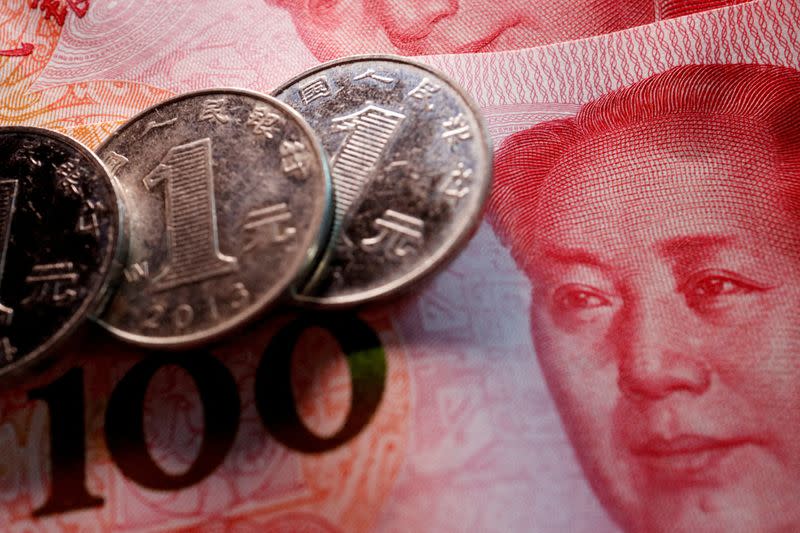Managers of two leading funds in Shenzhen in China have capped the annual income paid to staff, in a bid to adhere to the national government’s austerity drive.
Bosses of the state-owned China Merchants Fund Management also demanded that workers paid more than 3-million-yuan ($413,297) – the new pay limit – should repay any excess on that amount from last year, or they would move to get it back as soon as next month, several sources told Reuters.
A second fund, Bosera Asset Management, also set a cap at 2.9-million yuan, and asked staff to return any pay above that from last year, two other sources said. That move was implemented in June, one said.
ALSO SEE: China’s Quant Funds Hit Hard in First Half, as Crackdown Looms
The China Merchants Group owns 100% of its fund management arm and 49% of Bosera. Both are based in Shenzhen in southern Guangdong province. The two fund firms and the group did not respond to Reuters’ requests for comment.
All the sources declined to be named as the information was confidential.
The push to reduce salaries in the fund industry comes against the backdrop of China’s “common prosperity” drive aimed at addressing social and income inequality as economic growth slows. The securities regulator has also tightened supervision of the sector, which is seen by some investors as reaping fat profits despite a poorly performing stock market.
According to headhunter Morgan McKinley’s China Salary Guide for 2023, the base salary of senior executives and department heads in sales and investing at fund managers in China ranges between 1.6-million yuan and 6-million yuan a year.
But it is common for a senior executive or a high-performing fund manager at medium-to-large-sized funds to earn anything between 10-million yuan to several hundred million yuan a year during bull markets, with some bonuses deferred into a years-long payment.
China Merchants FM is China’s sixth biggest mutual fund company with 551-billion yuan in assets, excluding money market funds. Bosera is China’s seventh largest fund manager with 527-billion yuan worth of assets.
Party aims to ‘regulate wealth accumulation’
Some banks have already taken similar measures as part of the “common prosperity” drive, which was launched in 2021 and has already hit dealmakers as Beijing targets what it calls ‘hedonists’ and lavish lifestyles.
In a document issued on Sunday after the Communist Party’s Central Committee meeting, the authorities said it would “keep income distribution and the means of accumulating wealth well-regulated” and “properly regulate” excessive incomes.
Cutting pay and benefits will make it tougher for China’s $4.3-trillion mutual fund industry to attract and retain talent, industry experts said, and will provide little incentive to portfolio managers and other staff to boost performance.
Mandy Wang, an industry veteran and former head of Morgan Stanley’s China mutual fund business, said shrinking margins make pay adjustment an imperative but clawing back previous years’ pay “undermines the spirit of contract”.
“It’s the wrong prescription with strong after-effect,” she said.
The clawback of last year’s pay to comply with the cap would affect about 60 executives and fund managers at China Merchants FM, two of the sources said.
“Nobody going forward wants to sell the products to raise assets. We can ‘lie flat’ to just keep the job because we would fear the money paid will be clawed back,” a sales executive at one of the fund houses said.
- Reuters with additional editing by Jim Pollard
ALSO SEE:
‘Garbage Time’ – China’s New Expression of Economic Despair
Investors Dump Private China Firms, Embrace ‘Common Prosperity’
China Bankers to Shun ‘High-End Taste’ Fearing Regulatory Ire
China’s Luxury Sector Starting to Hit Some Headwinds
China’s ‘Common Prosperity’ All About Control, Says Academic
Alibaba, Tech Titans To Invest Billions In China’s ‘Common Prosperity’ Plans
Explainer: How ‘Common Prosperity’ is Changing China






















